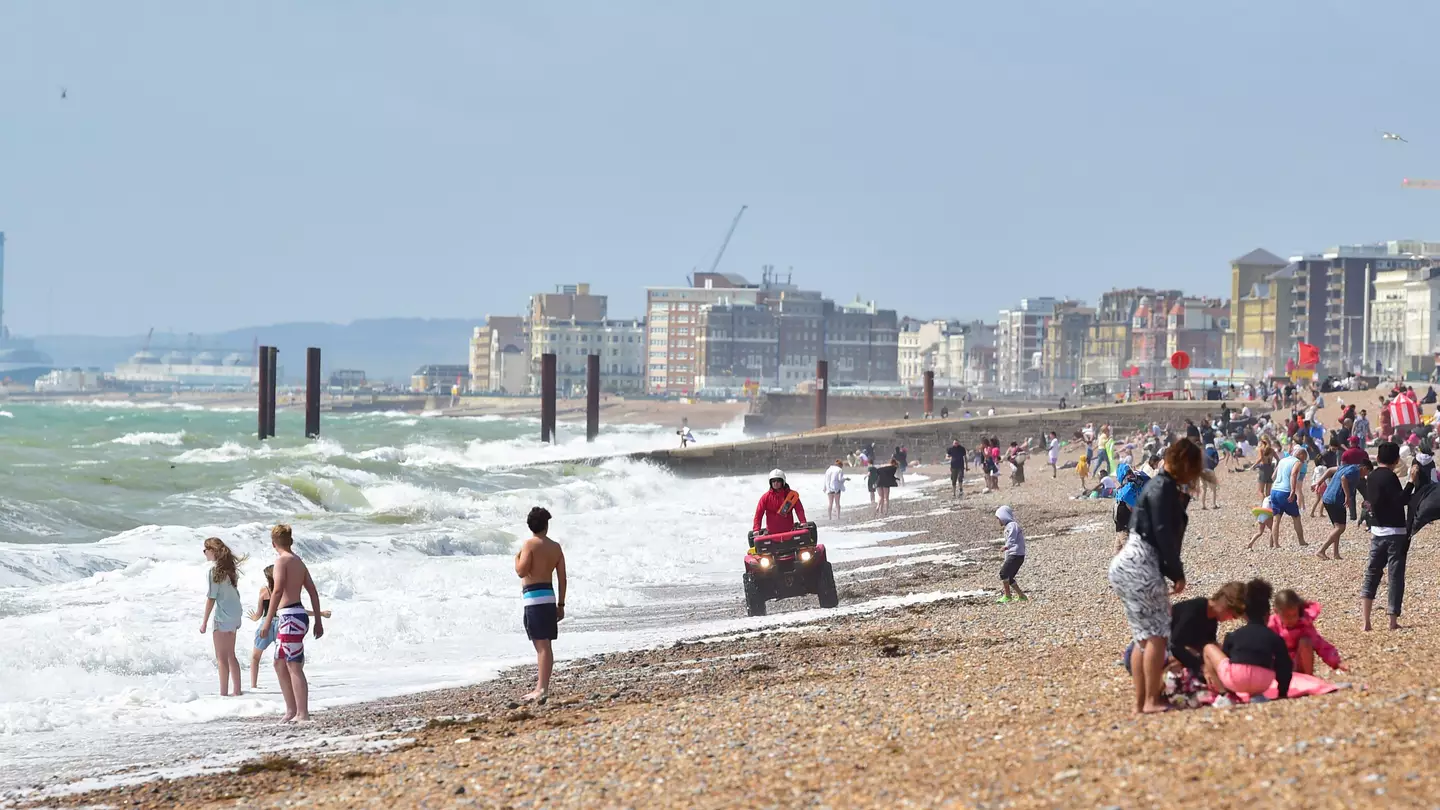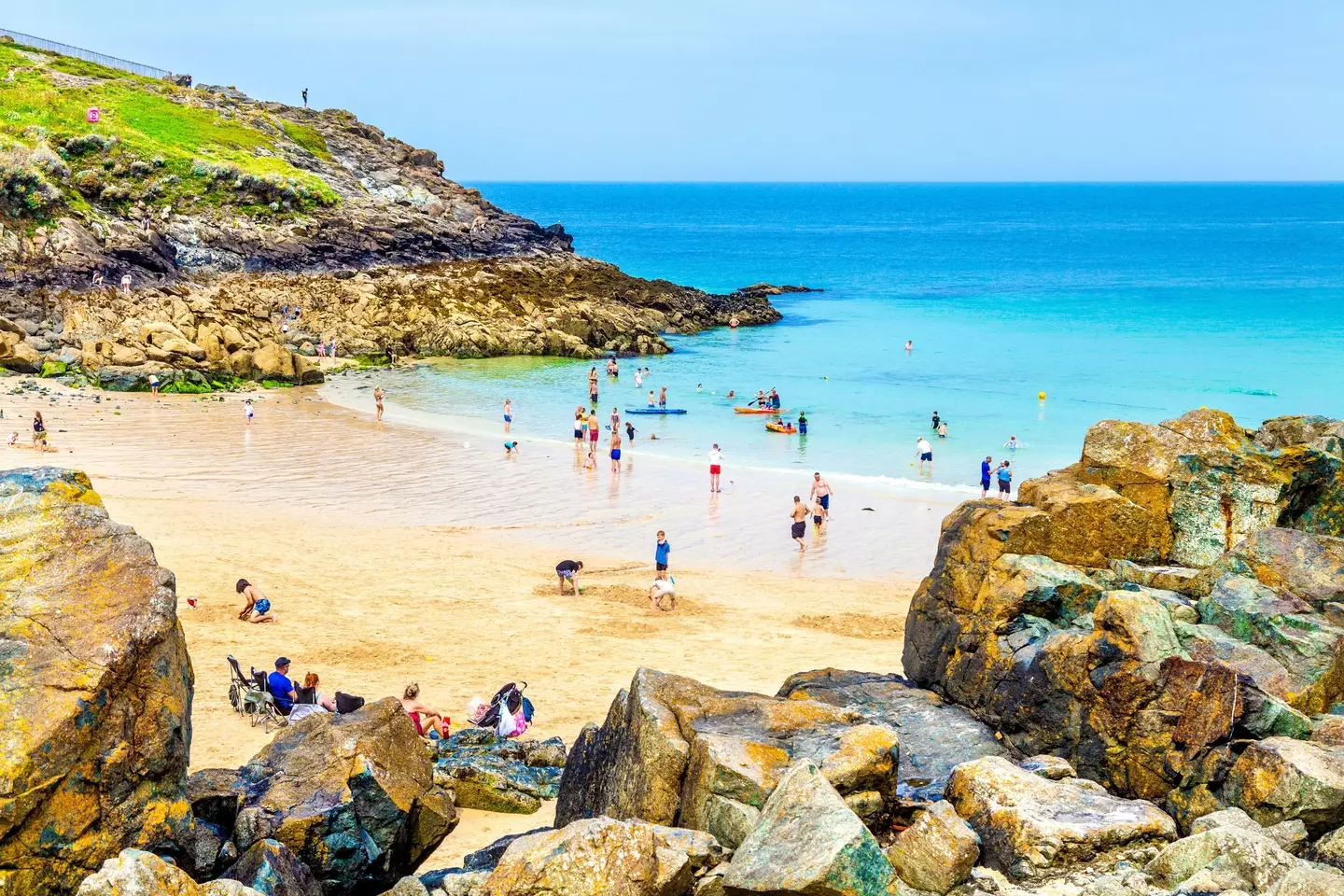
With the arrival of summer and the weather finally heating up, it can be tempting to jump into open waters to cool off.
Sadly, that can have terrible consequences with hundreds of people drowning each year in the UK.
Last year, accidental drownings were responsible for 227 deaths in the UK, of which more than half - 130 - occurred in the summer, with 63 in July alone.
Men and boys are far more likely to die in accidental drownings, with 83 percent of last year’s fatalities being male.
Advert
This month, as the UK saw record-breaking temperatures, there have been 13 drownings already - seven of them teenage boys, the youngest of whom, Robert Hattersley, was just 13 years old.
He died after getting into difficulty in the River Tyne on 17 July, leaving behind his ‘devastated’ and ‘heartbroken’ family.
Today, the National Water Safety Forum (NWSF), made up of 50 organisations including the Royal National Lifeboat Institution (RNLI), HM Coastguard (HMCG) has launched a campaign to prevent these tragedies.
One of the major contributors to drowning deaths is cold water shock, with many Brits falsely assuming that because it is a warm day, the water will also be warm.
In fact, the average UK and Ireland sea temperatures are just 12°C, while rivers such as the Thames are colder - even in the summer - and anything below 15°C is enough to cause cold water shock.

During cold water shock, the heart rate increases and involuntary gasping for breath can start, both of which cause a sense of panic and can increase the risk of inhaling water and drowning.
If you find yourself in danger in open water, the RNLI advice is ‘float to live’.
Resist the urge to thrash about as this could lead to drowning, and instead lean back, extend your arms and legs while gently moving them to keep afloat.
When your breathing has returned to normal, you can then make your next move by calling for help or swimming to safety if possible.
As for what to do if you see someone struggling in water, NSWF say the first thing you should do is call 999 - if you’re inland, such as near a lake, canal or quarry, call Fire & Rescue and if you’re near the sea, ask for the Coastguard.
You should tell the person to float on their back and, finally, throw them something that floats to grab hold of.
Last September, a group of teens saved the lives of two elderly swimmers by following the advice above.
Siblings Emma, 16, and 14-year-old Ben Sandeman were at Rock-a-Nore beach in Hastings with their friend Millie Marchant, 16, last September, when they saw two swimmers get into difficulty and being swept out by a strong current.
After spotting the danger, they acted quickly, throwing in a life-ring with a rope attached so they could help pull them to some rocks at the harbour wall where they could recover, while calling the Coastguard that was able to dispatch a RNLI Hastings Lifeboat to come and rescue the swimmers.
The advice is simple: If you see someone’s struggling in the water, fight your instinct to jump in and help. Stay on land and make the right call.
CALL 999 and ask for fire & rescue inland or coastguard at the coast
Topics: UK News